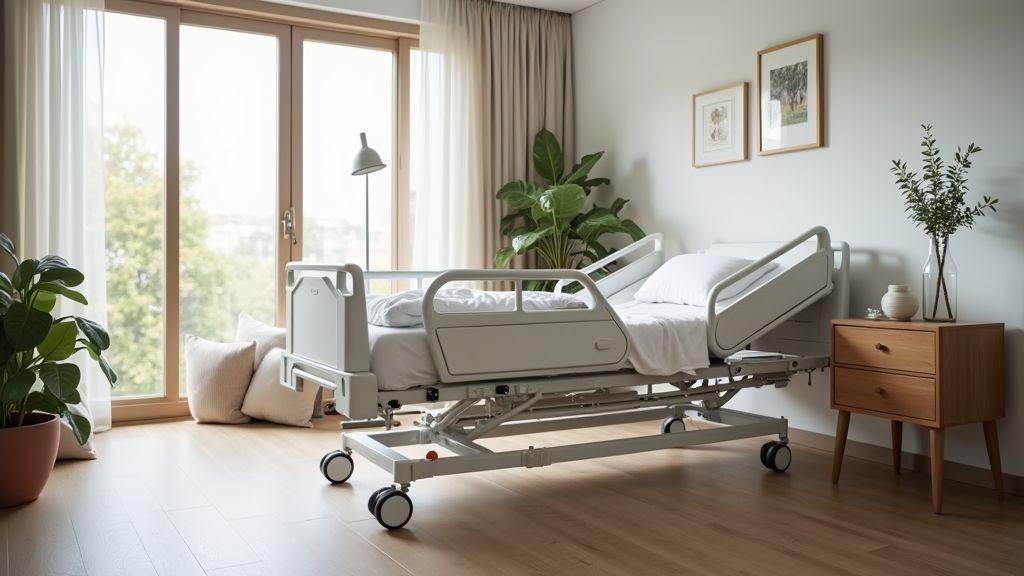Navigating the complex world of hospital beds can be daunting, especially when trying to balance quality with a budget. Whether for temporary recovery or long-term care, finding a cost-effective solution that ensures comfort and proper functionality is essential. This guide walks you through the steps of uncovering great deals on hospital beds, making the entire process more manageable and less stressful.

Understanding Your Needs
Before diving into the sea of hospital bed options, it starts with recognizing exactly what you need. Are you looking for a fully electric model for ease of adjustment, or will a semi-electric do the job? Consider your patient’s specific requirements: mobility challenges, specific medical conditions, or any particular comforts they might need. Taking time to outline these necessities will streamline your search and help you focus only on the relevant models.
Research Before Purchase
Armed with a clear understanding of your needs, embarking on a journey of thorough research will yield fruitful results. Utilize online consumer reports, seek recommendations, and read reviews from other buyers. Bobby Lin, an independent health advisor, suggests comparing at least three different models based on features, price, and user reviews to ensure you're getting the best for your buck.
Explore Different Retailers
Not all hospital beds are sold at the same price or under the same conditions across retailers. Big box stores, specialized medical equipment suppliers, and online marketplaces each offer different benefits. Jane Harlow, a healthcare logistics professional, points out that while specialized retailers might have higher quality equipment, big box stores can offer competitive pricing, especially during sales events.
Consider Second-hand Options
If budget constraints are tight, exploring second-hand options could be a viable alternative. Many times, hospital beds are lightly used and resold at a fraction of the original price. Sites like Craigslist or specialized local resell groups on social media warmly welcome your inquiry. However, Lucy Dayton, a home care specialist, warns of the importance of ensuring the bed remains FDA-compliant and meeting all safety standards.
Pay Attention to Additional Costs
Sometimes the price tag on the hospital bed isn't the complete figure. Evaluate delivery fees, installation charges, or additional components that might need separate purchase. Ivan Perez, in his experience managing residential care facilities, encourages asking the retailer directly about these costs to avoid surprises and to have a holistic view of the total investment.
Seek Professional Opinions
Reaching out to healthcare professionals for their opinions can be invaluable. People in the medical or care industry often have rich insights into which beds perform well under specific circumstances. Nancy Thorne, a geriatric nurse, shares this perspective, saying that consultation can save you from potential mismatches between the bed's capabilities and patient needs.
Leverage Insurance and Financial Aid
In some cases, hospital beds can qualify for insurance coverage or financial aid, significantly lowering out-of-pocket expenses. It's crucial to consult with your insurance provider and understand what documentation or prerequisites are necessary to avail these benefits. Mark Fillmore, an insurance consultant, advises having a detailed discussion on policy specifics and checking if your condition qualifies for assistance.
Negotiate for Better Deals
Never shy away from attempting to negotiate the price. This tactic, often overlooked, can lead to significant savings. Many retailers possess the flexibility to offer discounts or reduce delivery charges. As Lisa Bright, a former equipment sales representative, suggests, building a rapport with the sales team and indicating a serious intent to purchase can sometimes unlock unadvertised deals.